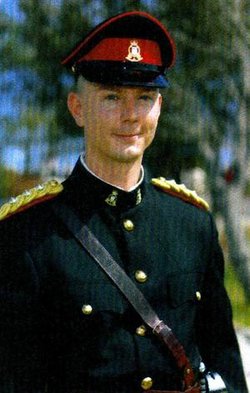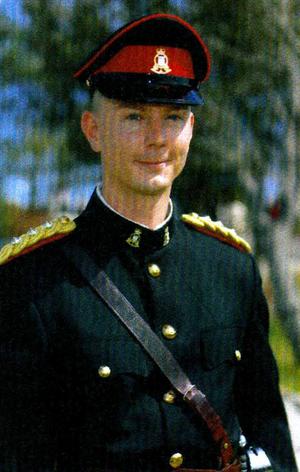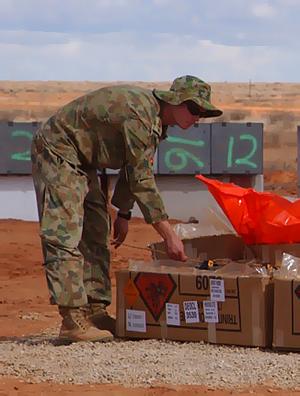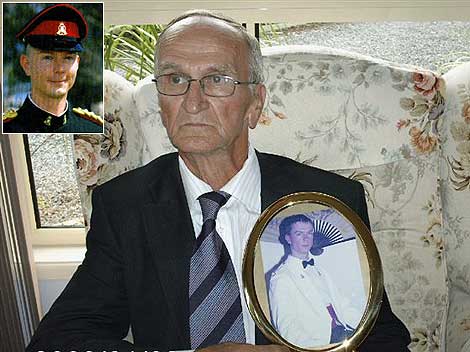The Sydney Morning Herald - 5th December 2008.
When Andrew Paljakka first stepped onto Afghan soil, he was following a childhood dream of being a soldier. Nine months later, in late February 2007, the 27-year-old army explosives expert texted his wife goodbye. Then he hanged himself in a seedy Kings Cross motel in Sydney.
"All he wanted to do was serve his country. But something went wrong," says his father, Arvi Paljakka.
Yesterday, a defence force commission of inquiry report described a man in a downward spiral, propelled by substance abuse, an impending discharge, relationship difficulties and post-traumatic stress disorder that stemmed from the army captain's tour of duty in Afghanistan in 2006. The most damning findings relate to the "systemic failure" of the Balmoral Naval Hospital to supply information about Captain Paljakka's behaviour and suicidal thoughts to the civilian hospital he was sent to in February 2007.
Captain Paljakka's poorly managed transfer from Balmoral to St John of God Hospital prompted the inquiry to call for new protocols to ensure the condition and background of soldiers is relayed to civilian medical centres upon transfer.
Captain Paljakka's heavy drinking started years before he was sent to Afghanistan in April 2006 for five weeks, and worsened when he discovered his marriage was in trouble. Although he claimed to have witnessed shocking events in Afghanistan, the inquiry concluded that his condition was most likely triggered by memories conjured up by what others had told him during his time overseas — "a recognised phenomenon in some individuals with PTSD".
Captain Paljakka might have seen dead bodies, but there was no evidence he had shot dead an Afghan villager or witnessed a young child being sexually abused.
The army taught him well. The only thing they didn't teach him is how not to care about your fellow man.
Andrew, may you forever sleep in eternal peace.
The Sydney Morning Herald - 5th December 2008.
When Andrew Paljakka first stepped onto Afghan soil, he was following a childhood dream of being a soldier. Nine months later, in late February 2007, the 27-year-old army explosives expert texted his wife goodbye. Then he hanged himself in a seedy Kings Cross motel in Sydney.
"All he wanted to do was serve his country. But something went wrong," says his father, Arvi Paljakka.
Yesterday, a defence force commission of inquiry report described a man in a downward spiral, propelled by substance abuse, an impending discharge, relationship difficulties and post-traumatic stress disorder that stemmed from the army captain's tour of duty in Afghanistan in 2006. The most damning findings relate to the "systemic failure" of the Balmoral Naval Hospital to supply information about Captain Paljakka's behaviour and suicidal thoughts to the civilian hospital he was sent to in February 2007.
Captain Paljakka's poorly managed transfer from Balmoral to St John of God Hospital prompted the inquiry to call for new protocols to ensure the condition and background of soldiers is relayed to civilian medical centres upon transfer.
Captain Paljakka's heavy drinking started years before he was sent to Afghanistan in April 2006 for five weeks, and worsened when he discovered his marriage was in trouble. Although he claimed to have witnessed shocking events in Afghanistan, the inquiry concluded that his condition was most likely triggered by memories conjured up by what others had told him during his time overseas — "a recognised phenomenon in some individuals with PTSD".
Captain Paljakka might have seen dead bodies, but there was no evidence he had shot dead an Afghan villager or witnessed a young child being sexually abused.
The army taught him well. The only thing they didn't teach him is how not to care about your fellow man.
Andrew, may you forever sleep in eternal peace.




